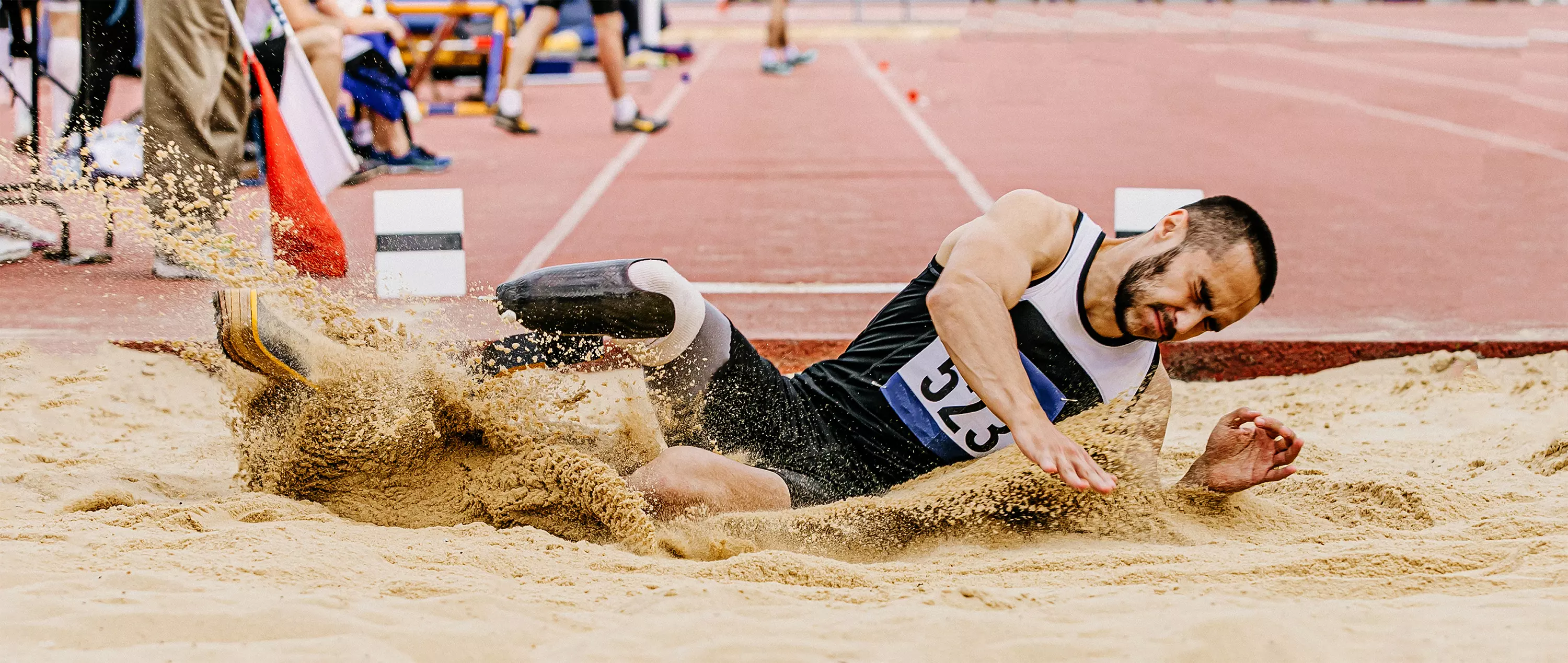Activism of people with disabilities in Asian countries
Activism of people with disabilities in Asian countries
People with disabilities have long fought for their rights and active participation in society. But in Asian countries, which are much more conservative and traditionalist, this struggle can be particularly difficult. Despite the many challenges, people with disabilities in Asia are engaged in active activism, striving for equality and full participation in society.
Activists across Asia
Many activists with disabilities in Asia are taking action to change the situation of people with disabilities in their countries. They are affiliated with NGOs that focus on fighting for the rights of people with disabilities.
One such organization is the Association of Persons with Disabilities in Asia (APDI). APDI works to improve the quality of life for people with disabilities throughout Asia by providing psychological support, rehabilitation and educating the public about the needs and rights of people with disabilities.
An important member of APDI is Jesse Cheng, a person with disabilities from China who has been involved in the fight for the rights of people with disabilities in her country for years. Thanks to her activities, much has changed in the way disability is viewed in China and in facilitating access to education, employment and medical services for people with disabilities.
Changes in legislation
Legislation is needed to enable people with disabilities to participate in society. In some Asian countries, such changes are beginning to occur, although there is still much work to be done.
In Indonesia, for example, a disability law was enacted in 2016 to ensure equal rights for people with disabilities. Under this law, companies with more than 20 employees are required to recruit people with disabilities at a rate of 1% of employment.
Such legislation is an important step toward activating people with disabilities, as it provides them with job opportunities and economic independence. However, many Asian countries still need more effective laws and better implementation of those that already exist.
The fight for education
One of the biggest challenges facing people with disabilities in Asia is access to education. Many people with disabilities do not have the opportunity to learn in traditional schools and universities, making it difficult for them to receive an adequate education.
Organizations such as APDI are leading efforts to ensure that individuals with disabilities have access to education. Through financial support, teacher training and curriculum adaptation, these organizations create conditions that allow individuals with disabilities to acquire knowledge and skills.
One of the successes of these efforts is the opening of the first special education center for the blind in Thailand. Thanks to the cooperation of local organizations and the government, blind people in Thailand now have access to quality education.
Public opinion and changing mindsets
One of the biggest challenges in the fight for the rights of people with disabilities in Asia is changing public opinion about disability. Traditional cultural beliefs often lead to stigmatization and exclusion of people with disabilities.
The own experiences of people with disabilities can help change this situation. For example, Anwar Khan from Pakistan, who is a person with a mobility disability, decided to tell his story and invite the local media to take action. His story reached many people and helped change society's view of people with disabilities.
It is also important to promote positive examples and success stories of people with disabilities. Organizations such as APDI support people with disabilities in their career paths and promote their achievements to show that disability is not an obstacle to success.
Summary
Activism among people with disabilities in Asian countries is steadily growing and offers hope for a change in the situation of people with disabilities. Thanks to organizations such as APDI and the involvement of individuals with disabilities, legislation is emerging, educational programs are developing and the mentality of society is changing.
However, further action and support from the international community, governments and local communities is needed to achieve full equality and inclusion for people with disabilities. Only by working together can we create a society in which representatives of all groups have equal opportunities and rights.
Add comment